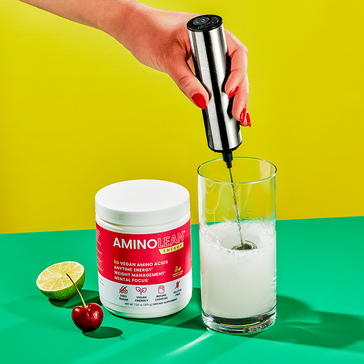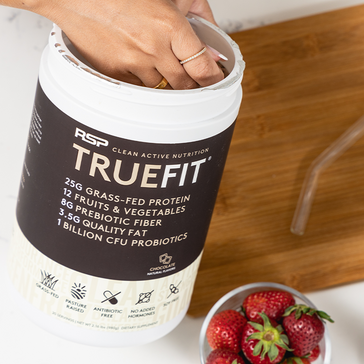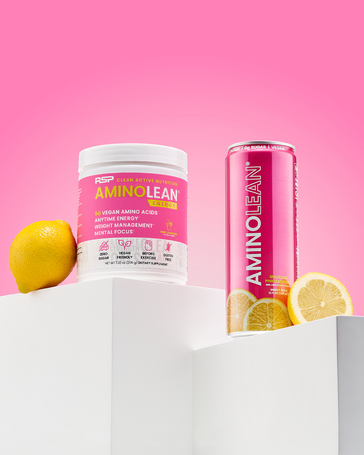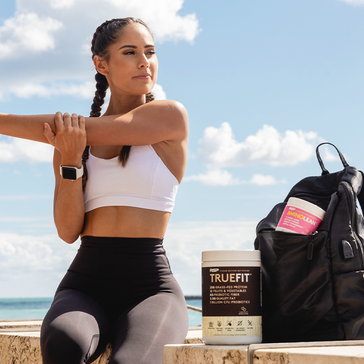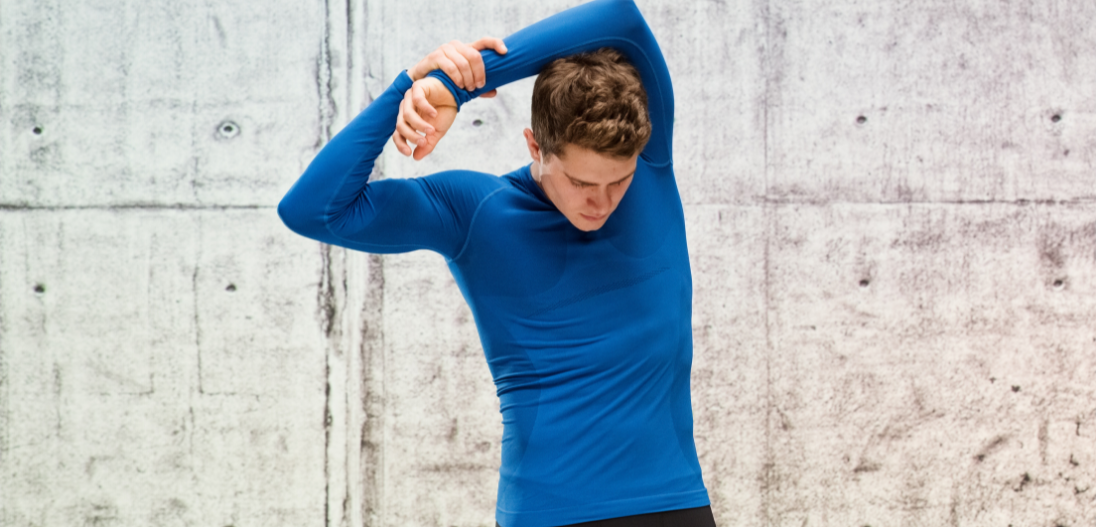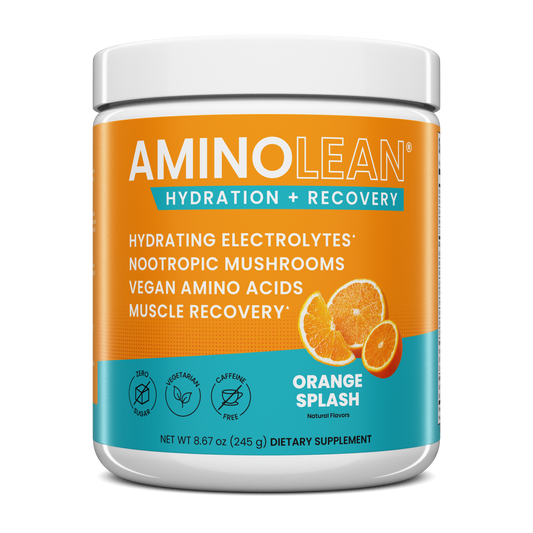By: Nancy S.
If you have ever worked out at the gym, you are not alien to the muscles' experience. Mere running a long-distance or doing something your body is not used to can trigger muscle soreness – common aftermath of stressing the body.
The principle of muscle growth is that they need to be stressed and worked on to trigger microscopic tears in the fibers. Such tears and other damaged areas will be filled with fluid when this happens. Such fluid expels the damaged cells to spring up new and more robust muscles. As expected, such a process doesn't happen on a platter of gold.
Such discomfort is not a cause for alarm, even though it can leave you sore for a day or two after your workout. However, when such soreness becomes too much, it can affect movement and daily activities. Even though you might not escape muscle soreness after a workout, one can improve the recovery process. Here are several ways to ease such soreness:
Optimum Hydration is Important
While this might seem like a standard piece of advice, hydration is vital for muscle recovery. As a result, one needs to hydrate during and after the workout. Water is essential to fluid movement in the body, such as reducing inflammation, removing waste products, and getting the required nutrients to the muscles.
However, many people hardly prioritize optimum hydration. Besides, many only wait until they are thirsty before drinking water. Such habits will not help the recovery process. As a result, make sure you drink enough water during and after the workout to enhance the recovery of your muscles.
You can also hydrate with supplements, for instance, RSP's AminoLean Recovery post-workout supplement. Not only does it have 5g of BCAAs and EAAs for muscle growth, repair, and recovery, but it also has a unique hydration blend with natural electrolytes and minerals as well as an immunity boosting blend.
Consider a Soothing Massage
Another way to relieve inflammation of the muscle is by massage. With good massage done rightly, you can ease muscle soreness if you have the means to visit a masseuse; go for it by all means. However, not everyone might have the luxury of visiting the massage parlor after every workout.
As a result, consider self-massage using tools like a massage gun or foam roller. You can even use your hands and work the right places to relieve soreness.
According to a 2014 study, it was discovered that massage after working out could bring down the pain. It can increase the body's ability to regulate muscle soreness when done over a long time. When the muscles are massaged, blood flow to such muscles increases, compared to the muscles that were not massaged, according to research. This also makes the recovery process fast.
Increase protein Intake
One primary function of protein is in the building and maintenance of muscles. As a result, you need to increase protein intake for fast and easy recovery from muscle soreness.
This means you need to get the required protein amount. It can go a long way to reducing workout soreness. Recommended protein foods are:
- Eggs: consider snacking on boiled eggs after the workout session. Eggs equip you with various vitamins like A, D, E, K, B6, and B12.
- Nuts: Nuts are rich in protein and fibres. It should form the bulk of your post-workout meals.
- Quinoa: recommended for people who want to reduce sugar intake can consider quinoa – a gluten-free protein.
Consider making post-workout snacks part of your routine since such snacks help in muscle repair. Ideally, you should concentrate on snacks rich in amino acids as they can help lessen the impact of any soreness that might arise.
You can also increase your protein intake by utilizing protein powder and adding it into your daily routine. RSP Nutrition's TrueFit protein powder has 25g of grass-fed whey protein, along with organic fruits + veggies, prebiotic fiber, and probiotics for gut health. They also have it available as a plant protein powder for anyone who is adopting a vegan lifestyle.
Try Going for a Cold Bath
When you work out, the muscles experience wear and tear. This can lead to swelling, inflammation, and soreness. This is the ideal muscle response to such excessive excitement, its way of adapting to the stress.
A cold bath is a good choice for everyone who needs relief from muscle soreness. It can help reduce inflammation and support recovery. This explains why people place ice blocks on painful or swollen body parts.
You can promote muscle recovery through Cryotherapy – a treatment that involves body exposure to extremely low temperatures. Such can foster muscle healing and recovery. According to a 2017 study that explored the effect of whole-body Cryotherapy on recovery rate after a workout, it was discovered that the muscle experienced fast healing, and the exposed parts had impressive relief from pain, damage, and inflammation.
Consider CBD
Engaging some natural substance to enhance muscle healing and repair is possible. CBD, a derivative of the Cannabis Sativa plant, is a natural supplement that one can use. It is non-psychoactive and supports many body processes.
CBD oil can reduce inflammation and muscle soreness. It can even delay the onset of muscle soreness, thanks to its ability to soothe inflammation. As a result, CBD should be part of your post-workout recovery ritual to alleviate pain and speed up the recovery process
Get optimum Sleep Amount.
Your effort to build muscles and shed fat does not end at the gym. The actual muscle growth and repair take place while sleeping. Sleep provides the perfect avenue for muscle tissue to heal and repair all damage encountered in the field.
An athlete needs at least seven hours of sleep for optimum recovery. Such will improve performance and reduce soreness.
Conclusion
Supporting your body after every workout session is essential for optimum recovery and muscle relief. This article has explored several ways to reduce muscle soreness and improve recovery after every strenuous workout.
